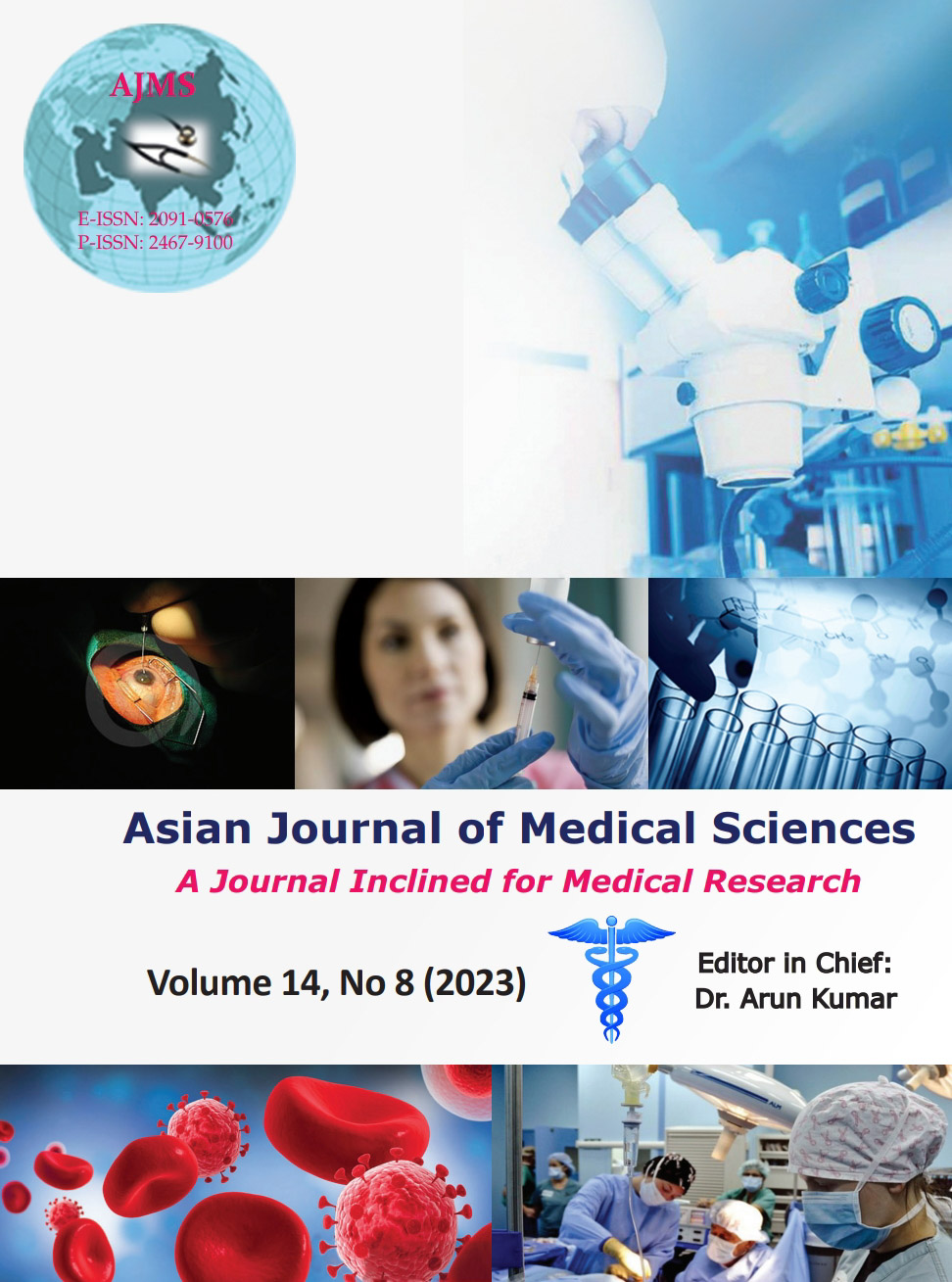Atypical early presentation of subacute sclerosing panencephalitis in children: A case series
Keywords:
Children; Measles; Subacute sclerosing panencephalitisAbstract
Subacute sclerosing panencephalitis (SSPE) is a progressive neurodegenerative disease of children and young adults that may occur as an uncommon complication 7–10 years after a measles infection. In measles – endemic countries like India, the incidence of this fatal disease is high and more number of new cases are detected in recent times. In this case series, we have presented three cases of SSPE between the 4 and 5 years age group, presented with abnormal movement and neuroregression and diagnosed by characteristic clinical features, raised anti-measles antibody titer in CSF, and typical Electroencephalography findings. All of them had a history of measles infection before the vaccination and very short latency period between measles infection and the development of SSPE. They were discharged in stable condition after the treatment with oral Isoprinosine and intrathecal Interferon alfa 2b. Early age of presentation, short latency period, and apparently good response to treatment for the time being prompted us to present these cases.
Downloads
Downloads
Published
How to Cite
Issue
Section
License
Copyright (c) 2023 Asian Journal of Medical Sciences

This work is licensed under a Creative Commons Attribution-NonCommercial 4.0 International License.
Authors who publish with this journal agree to the following terms:
- The journal holds copyright and publishes the work under a Creative Commons CC-BY-NC license that permits use, distribution and reprduction in any medium, provided the original work is properly cited and is not used for commercial purposes. The journal should be recognised as the original publisher of this work.
- Authors are able to enter into separate, additional contractual arrangements for the non-exclusive distribution of the journal's published version of the work (e.g., post it to an institutional repository or publish it in a book), with an acknowledgement of its initial publication in this journal.
- Authors are permitted and encouraged to post their work online (e.g., in institutional repositories or on their website) prior to and during the submission process, as it can lead to productive exchanges, as well as earlier and greater citation of published work (See The Effect of Open Access).




